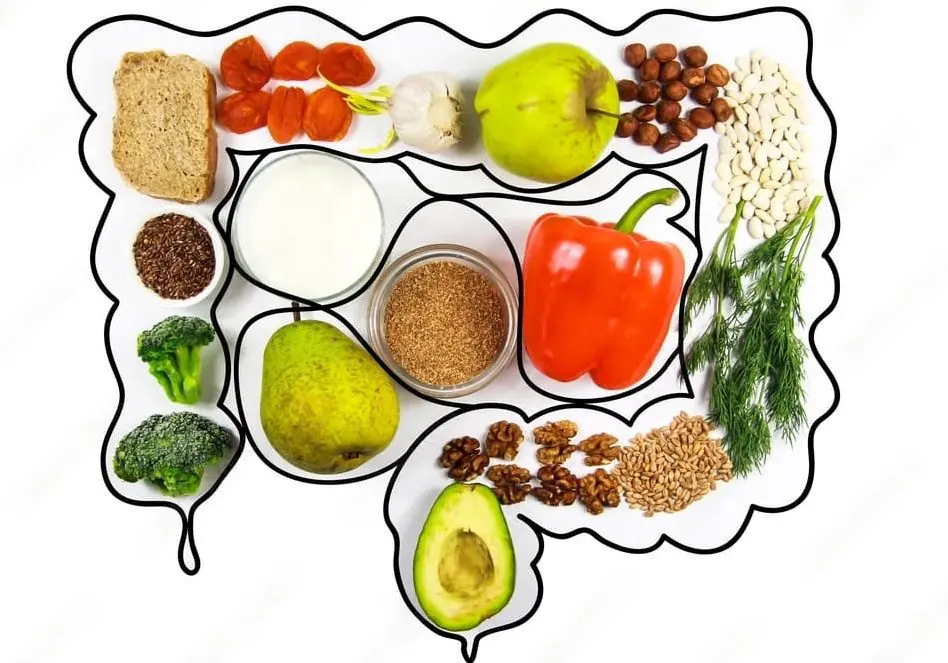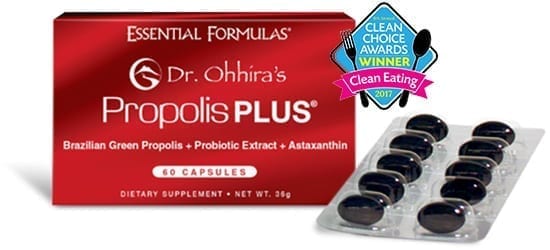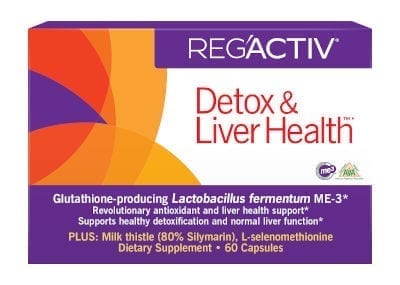
How to Reset Your Gut Health for a Happy Gut in 2023
The year is still young, so you have plenty of time to fulfill your New Year’s resolutions. If you haven’t added improving your gut health to your list, you might want to. It plays a leading role in your health, even affecting your mood. Did you know that your gut contains 90% of the serotonin receptors in your body?
Helpful microorganisms cover the surface of your body and intestinal lining, keeping pathogenic (disease-causing) bacteria under control. About 38 trillion of them. This interplay between good (probiotics) and harmful bacteria throughout your body is called your microbiome, and typically the more good bacteria you have, the healthier you are.
How to Reset Your Gut Health
Changing a few habits goes a long way toward improving your health. You’ve heard it before, “You are what you eat.” But it goes deeper than that. Here are five steps you can start now to improve your gut health and, thus, your overall health.
- Prepare more meals at home – You would be amazed at what those tasty restaurant and takeaway meals conceal besides a lot of calories. Unhealthy fats, loads of salt, more sugar than the CDC recommends, chemical flavor enhancers like MSG, etc. Many of these can disturb your gut biome.
When you cook at home, you know exactly what’s in the food. You can choose organic products and monitor your food’s fats, sugars, salt, and chemical content. We’re not suggesting you avoid eating out at all, just that you increase the number of meals you prepare at home.
Preparing large batches of the food you cook and freezing it in individual portions cuts down on meal prep time, and you still have quick, healthy, home-cooked meals.
- Eat more whole foods – The quality of food we eat significantly impacts the quality of our microbiome and our health. A diet of whole foods containing multiple nutrients supports the good bacteria that promote good health.
Researchers found that good bacteria are more common in the digestive tracts of people who eat a varied diet containing high-fiber foods such as nuts, spinach, fish, and full-fat, plain yogurt. One surprising finding was that identical twins only shared 34% of gut microbes, and unrelated people shared only 30%. Hence, genetics play a minor role in gut health, with diet the greater influence.
- Exercise more – You’ve heard it before, but we’ll repeat it. Moving your body keeps you healthier. We’re not talking about an intense workout you’ll get tired of in a week. We’re talking sustainable exercise. What about a brisk walk during lunch, a refreshing stroll with a friend after work, or a relaxing evening yoga session? A few simple changes can make a big difference.
Recent studies have found that study participants with higher heart and lung fitness had more diverse bacterial gut populations than participants with lower levels. Exercise also helps with elimination, and better elimination limits the time harmful bacteria have to create havoc in your digestive tract.
- Increase plant-based foods – Many plant-based foods contain prebiotics that support healthy bacteria. You’ll mainly find prebiotics in vegetables, fruits, and whole grains, such as berries, apples, flaxseed, green vegetables, and legumes or pulses (lentils and beans).
Prebiotics provide food for healthy bacteria by providing carbs your body doesn’t digest. Instead, the undigested carbs go to your digestive tract, where they help good bacteria grow.
- Add probiotics to your diet – Many fermented foods help boost the good bacteria in your body. You might try unsweetened, full-fat yogurt, kefir, miso, kimchi, and sauerkraut.
You might also want to consider a high-quality probiotic supplement to ensure you get suitable strains of bacteria. What is a high-quality probiotic? Here are a few things to consider:
- Does the supplement contain multiple probiotic strains? Each strain has a different benefit.
- Does it include prebiotics to help nurture the good bacteria and postbiotics to feed them in the intestines?
- Can the supplement survive the harsh stomach acids so it arrives in the intestines to do its good work?
- Is the product shelf-stable, and do the bacteria survive on the shelf?
- Is the product pure and without chemicals, preservatives, coloring, flavorings, and additives?
- Does the manufacturer guarantee that it is free of soil-based organisms?
An Ancient Probiotic Formula for Our Times
Dr. Ohhira has crafted a powerful, high-quality probiotic that combines ancient Japanese wisdom and current scientific theory. It supports digestive comfort and nutrient absorption and boosts the immune system.
Based on ancient wisdom but using modern technology, Dr. Ohhira cultures 12 healthy bacterial strains together for three years, “teaching” the organisms to be stronger and work together so they more easily colonize the intestines. We then package the good bacteria in small vegetaria gel caps. You can trust this shelf-stable probiotic supplement’s quality, purity, and potency. Find out more or order on the Essential Formulas website.





